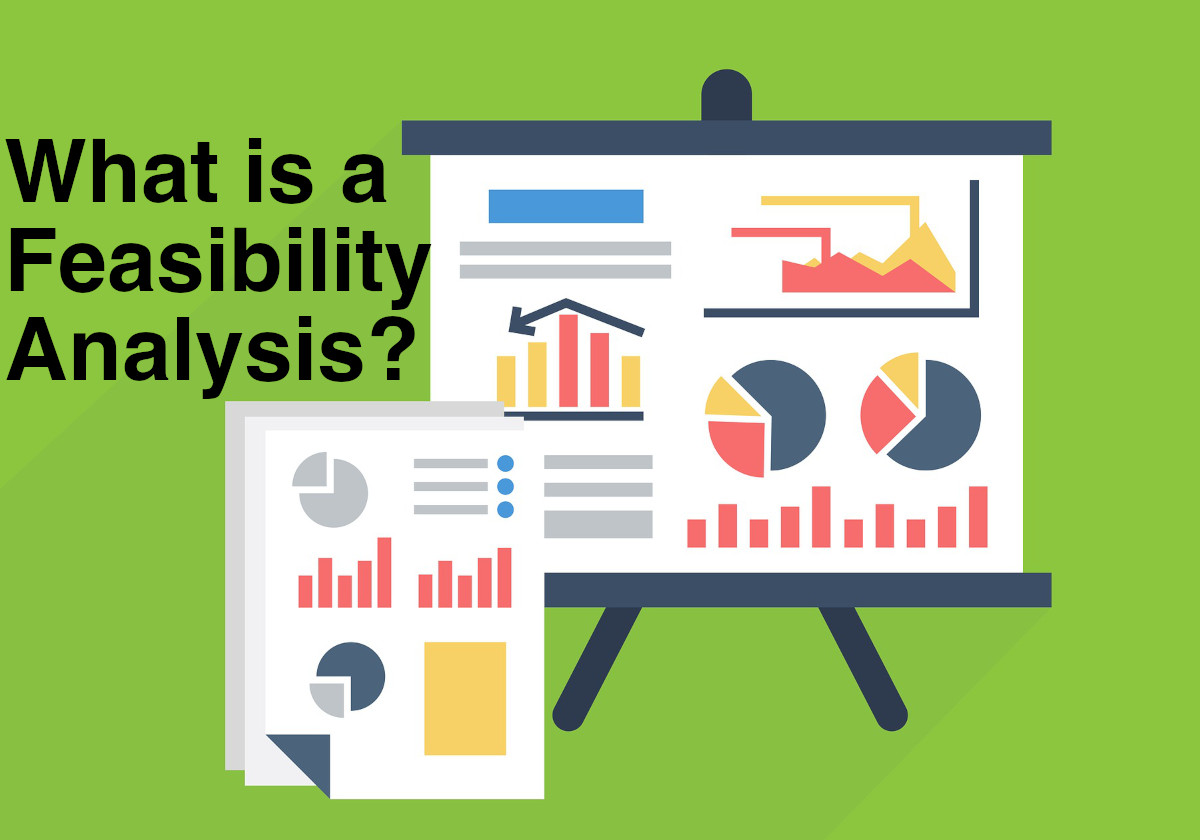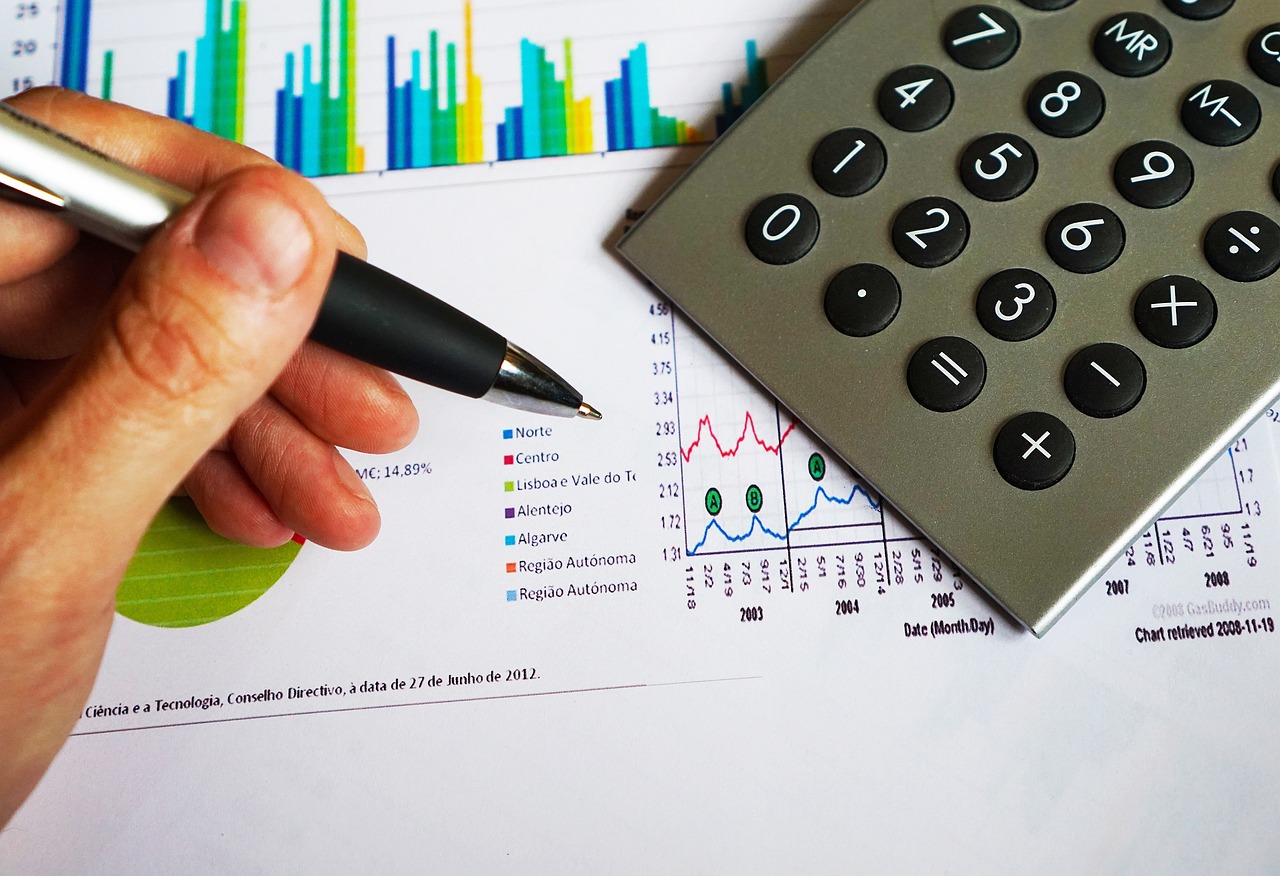The feasibility study is the cornerstone of any leisure project development. So, we felt it was worthwhile to re-visit this important aspect and to consider not only why it is important, but also how its outcome can influence your decisions in all aspects of planning. In our first blog of 2023, let’s answer the question, “What is a Feasibility Study?”


First, it is ultimately a decision-making tool. To consider whether something is “feasible” means you determine whether your idea, thought, concept, or plan is likely to succeed and, if so, to what extent. An effective study can guide you on whether you should move forward with your idea, or whether you should scrap it altogether and start over with a new idea. It answers the question, “will this work?” This is your chance to ask and get answers that help you assess potential and to predict the likelihood of success or failure.
Many steps are crucial to a park's success, but none more so than the feasibility study. The actions taken for all of the subsequent steps involved in project development will be determined by what is learned in the feasibility study.
That is why feasibility studies are so focused and specific. They seek to answer a single question – whether the idea is viable – and they force you to focus solely on that question, drilling down to possible outcomes.
Through this process, a feasibility study offers you the chance to “get it right” before committing time, money, and resources to an idea that may not work in the way you originally planned. If you move ahead without this foundation, you may end up investing even more to correct flaws or remove limitations, and you might end up starting over anyway after expending more money that you intended. The upfront seed money used to pay for a feasibility study can save you hundreds of thousands or even millions of dollars in the long run, which makes a study an extremely valuable option. Plus, a feasibility study might open your eyes to new possibilities, opportunities, alternative options, or solutions that you might never have otherwise considered, thus putting you in a better position for success. There are no wrong or right answers to your initial questions, but they need to be asked in order to identify the proper steps you should take.

Second, it becomes your planning roadmap. Once completed, you have in your hands a critical tool that contains essential information that helps to give light on the steps ahead of you.
You know your target market, both residents and tourists.
You understand the nuances of your site and operating environment.
You have a better understanding of your concept and its propensity to work in your market and around your competition.
You have an idea of how many people are going to visit.
You know how much capacity you need and what your sizing parameters are for servicing the attendees.
Factors that lead to success are clearly identified. All of these are powerful tools to have in your pocket.
You have the framework for your financial expectations and projected profitability.
You know the warranted investment level you should work within so that you do not over or under capitalize your project given your supportable market.
And, you know the expected return on this investment if it is built within these parameters.
Factors that lead to success are clearly identified. All of these are powerful tools to have in your pocket.
Finally, it is a marketing tool for attracting investors. Time and time again, we have found in our work that when a leisure developer seeks funding of any type, the feasibility study again comes to the forefront. It is almost a given that any potential lender, investor, or capital venture group will ask to see the feasibility study of a new project or idea before they even consider making a decision to participate. They know that any project developer who is serious will have had a feasibility study performed by a third party who is a qualified professional or consultant and who does not have any financial or personal stake in the outcome.
It is worth noting that a feasibility study is not the same as a business plan. A feasibility study is an investigative tool that might cause you to discount an idea or concept, whereas a business plan is your call to action once the idea or concept has been proven viable and worth pursuit. The feasibility study is, in fact, a predecessor to creating a business plan.
A feasibility study can also apply to any venture – start-up projects, revitalization projects, expansion projects, and more. Basically, any new idea that begs the question, “will this work” should have a properly conducted feasibility study as its foundation. A feasibility study is one of the most important project management techniques that can help save you time, money, and plenty of headaches.
ITPS
2200 Victory Parkway, Suite 500A
Cincinnati, Ohio 45206 USA
513-381-6131
itps@interthemepark.com
